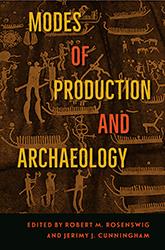Tooth modification has been practiced throughout many time periods and places to convey information about individual people, their societies, and their relationships to others. This volume represents the wide spectrum of intentional dental modification in humans across the globe over the past 16,000 years.











